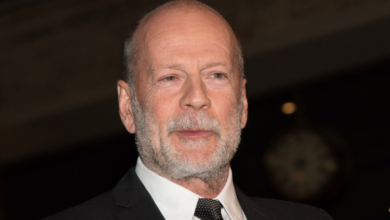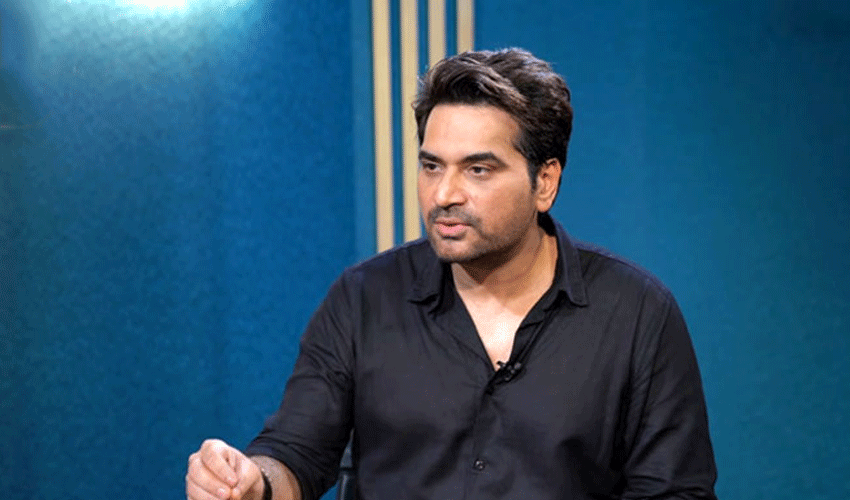Sannia Ashfaq – wife of former Pakistan all-rounder Imad Wasim – has shared a cryptic message on social media that has further fueled speculation regarding a possible separation between the couple.
Taking to Instagram, Sannia wrote, “Silence should not be considered as consent or lack of evidence. I am just choosing the right time after thinking carefully,” sparking a fresh wave of public interest in the cricketer’s personal life.
The post comes amid ongoing controversy surrounding Imad Wasim’s alleged relationship with social media influencer Naila Raja, who has already publicly denied the claims
. The rumours have been widely circulated on social media platforms, with users suggesting that the cricketer’s silence is adding weight to the allegations.
Earlier this month, Sannia shared an emotional post on Instagram following the birth of her son, Zayan. The message, which made no mention of Imad, read: “I carried you alone in my womb for 9 months. May Allah give me more strength for the journey ahead.”
The absence of Imad’s name in both posts led users to speculate that the couple may have separated.
Further scrutiny of Sania’s social media activity revealed that she had removed all photographs with Imad Wasim from her account and updated her bio. Where it previously identified her as “Imad Wasim’s wife,” it now reads only as “Anaya Imad and Rayan Imad’s mother.”
In contrast, Imad’s Instagram profile still features several photographs with Sania, and both continue to follow each other.
There has been no official statement from Imad Wasim regarding the matter. However, Naila Raja, who was dragged into the controversy following a viral video showing a woman walking beside the cricketer in London, issued a strong rebuttal on social media last week.
She stated that the viral video was taken out of context and condemned the online abuse directed at her and her family. “I am also a woman,” she wrote, “and I have built my life with dignity, hard work, and self-restraint. Please stop making baseless assumptions.”
Naila further criticised the societal double standards around honour and morality, questioning why a woman’s actions are always subject to harsher judgment.







